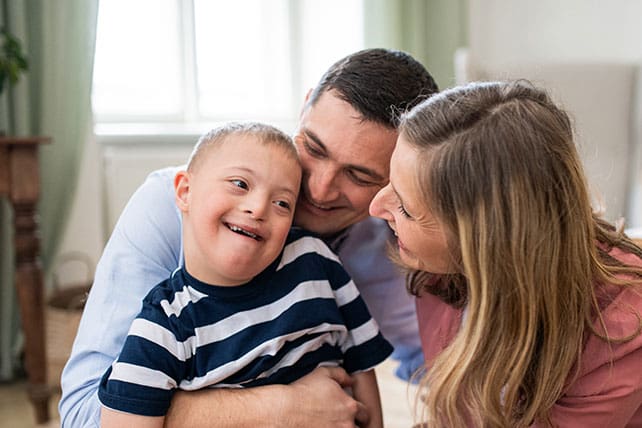How many times has this scenario been played out when special needs children attend a Sunday morning worship service?
The 7-year-old boy danced around at the front of the room as the worship team played a song. His parents made multiple attempts to corral him, but to the child he was just fitting in. After all, the adults were singing loud, waving their arms and swaying. This was how he waved his hands and swayed to the Spirit in the room.
The adults didn’t see the worship that was happening. They looked at the child with obvious irritation. They looked at the parents with raised eyebrows, silently asking why they didn’t get their child under control.
With every giggle, every whisper, every fidget in his seat, the irritation of those around him seemed to exponentially grow. People would move away from the child and his family. The family was made to feel more and more unwelcome.
The child wasn’t just being disobedient. The parents weren’t just slacking in their duties.
The child had autism.
Welcoming Special Needs Children
Every Sunday, in churches all across the USA, families with autistic children are pushed to the side and made to feel unwelcome because most churches just aren’t ready to deal with these children. It’s not just autism either: Families who have children with special needs ranging from MS to Down Syndrome to cerebral palsy find themselves being pushed to the perimeter of the “church family” until they quietly leave on their own.
Every Sunday there are thousands of families who would love to spend time worshipping God with other followers of Christ, but they feel they have no place to go. They are not made to feel welcome simply because the child God gave them doesn’t fit the “normal” societal template for a child.
RELAYED: 7 Ways Churches Fail Special Needs Children
The church will tell them that they’re not equipped to handle a child with special needs. They’ll tell the parents that their child is “too much of a disruption for the other children.” If the family is invited to stay, they’ll be asked to sit in the children’s area with their child to “help them.”

